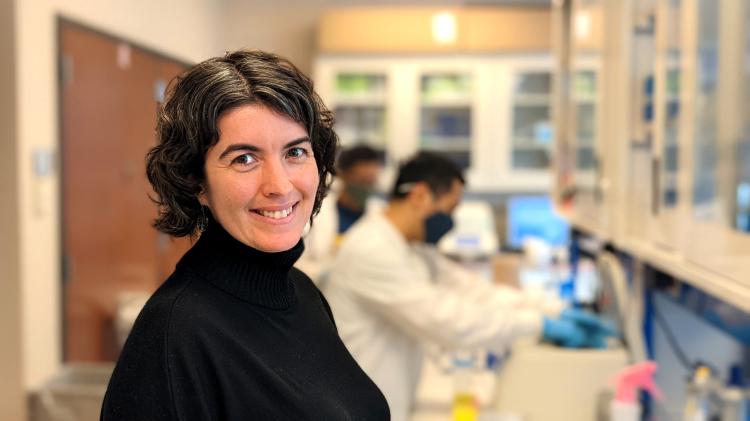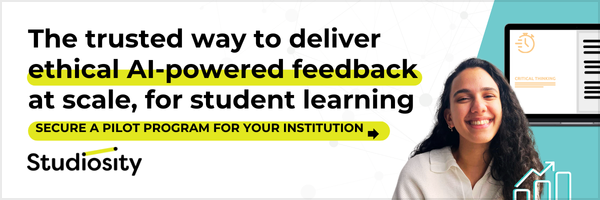Professor Valérie Langlois, a ecotoxicogenomics researcher at Institut national de recherche scientifique (INRS), has been interested in the harmful effects of chemical contaminants on animals and humans for more than 20 years. It has been the focus of her professional career. She is recognized by her peers as a world leader in her field, and for the next seven years with funding of $1.4 million from Natural Sciences and Engineering Research Council (NSERC) she will head up the Canada Research Chair in Ecotoxicogenomics and Endocrine Disruption.

Pollutants like no other
Professor Langlois explained that endocrine disruptors are a special class of chemical pollutants. "First, their adverse effects are observed at very low doses. Second, sustained exposure to these low doses can have long-term harmful effects on people, and even on their children. Lastly, some combined endocrine disruptors may have adverse health effects even though they are harmless individually," explains the researcher at the INRS Eau Terre Environnement Research Centre.
These pollutants can affect fertility and the reproductive system, the body's metabolism and neurological system, and play a part in obesity and diabetes. More recently, they have been associated with certain types of cancer, including breast and prostate cancer.
The Québec researcher noted that there has been a very worrying increase in endocrine disruptors in the environment over the last ten years, despite numerous warnings from the scientific community.
A major health issue
So there is an urgent need to better control the risks posed by endocrine disruptors for living organisms, the environment and the future of human populations. This is a priority for Professor Langlois as head of the research chair.
One of the critical issues on which she and her team are working is improving our ability to quickly and effectively assess how endocrine disruptors, alone or in combination, affect the endocrine system. They use state-of-the-art ecotoxicogenomics and comparative endocrinology to characterize complex mixtures of contaminants and determine their toxicity to animals, humans and ecosystems, both on the molecular scale and in entire populations.
"We hope that our results will help elected officials and decision-makers by equipping them to properly manage this key international health issue. To lower the risk, we not only need to reduce levels of endocrine disruptors in the environment but we also need to pass legislation that takes into account their special characteristics. "
Valérie Langlois, INRS professor specializing in ecotoxicogenomics
She believes it is essential to raise public awareness of this issue in order to create a better balance between social behaviour and the risks posed by endocrine disruptors. Valérie Langlois believes that awareness raising must be done at an early age and has been concerned about the effects of chemical spills on the planet and its inhabitants since she was a child. She has made it her mission. She writes books for young people, presents to the public, and lobbies the authorities in addition to doing her research work, and is determinted to remain optimistic. afin de porter cette cause pour laquelle elle tient à demeurer optimiste.
Researcher without borders
Valérie Langlois is dedicated to reducing the impact of endocrine disruptors and has expanded her influence beyond INRS, Québec and Canada. Among her recent international mobility experiences, she participated in the 2024 Visiting Scholars program as a visiting professor and researcher at the University of Bordeaux, in France. For several months, she worked on aquatic pollution with Magalie Baudrimont's team at the Oceanic and Continental Environments and Paleoenvironments lab. Their research focused on the level of plastic pollution in salt harvested on the Île de Ré.
Since January 2025, Professor Langlois has also chaired the scientific committee of the Fondation Evertéa in health and the environment, specializing in ecotoxicology.










